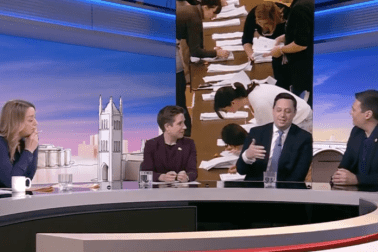Three years ago today, Russian tanks rolled over the Ukrainian border in a massive surprise attack. Russian unit commanders and soldiers were told to prepare for a three-day campaign – and indeed by the end of the day parachute units were fighting for control of the vital Hostomel military airport just a few miles from the centre of Kyiv. But over a thousand days later, many of the fundamentals of war and politics have been changed forever.
For one, Europe found its conscience. In the run-up to the full-scale Russian invasion, some European countries – including Britain – were training Ukrainian infantry units in scattered partisan warfare and supplying man-portable anti tank weapons such as NLAWs and Javelins. In the first days of the war, none of Ukraine’s Western allies seriously expected Kyiv to hold out – and US special forces even offered to evacuate President Volodymyr Zelensky.
The biggest change is that the spectre of nuclear conflict has returned as a real threat
Germany, insultingly, offered to ship 5,000 helmets to the Ukrainian army, while Brits worried about supplying too many high tech weapons lest they be captured by the Russians.

Britain’s best politics newsletters
You get two free articles each week when you sign up to The Spectator’s emails.
Already a subscriber? Log in







Comments
Join the debate for just £1 a month
Be part of the conversation with other Spectator readers by getting your first three months for £3.
UNLOCK ACCESS Just £1 a monthAlready a subscriber? Log in